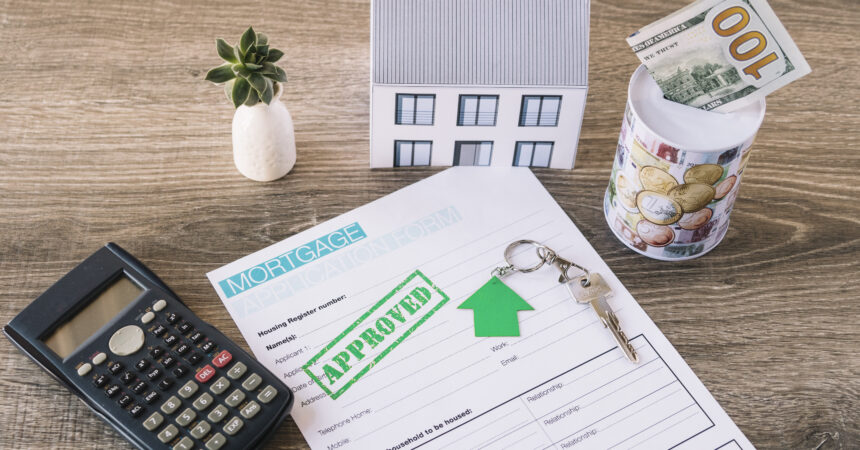The housing market in Texas is thriving which has led to an increase in property taxes throughout the state. Property taxes are an ad valorem tax, which means that they are based on the assessed value of your property. There is a direct relationship between your property’s valuation and the property taxes being levied. Another words, when the value goes up, so do property taxes.
In an effort to save homeowners from the steep financial burden of skyrocketing property taxes, Texas lawmakers have implemented a safety net called the homestead cap. In this blog, we’ll discuss what a homestead cap is, how it really works, and why homeowners may still want to appeal their property’s market value even with the cap in place.
What is a Homestead Cap?
Before we dig into what a homestead cap is, first it’s important to figure out what these different terms mean.
1. Market Value: The fair market value in which the property is expected to bring when exposed in an open market for a reasonable period with neither the owner nor buyer under any duress to buy or sale. Per the Texas Property Tax Code, market value is the only value permitted to be protested with the appraisal district.
2. Appraised Value: Means the value as provided by chapter 23 of the Texas Property Tax Code. Typically, appraised value is the same as Market value, unless the property is appraised as a special use property, such as open space or agricultural. Appraised value can also be different from market value when there is a homestead cap limitation applied to the property.
3. Assessed Value: Market value multiplied by assessment ratio. Assessment ratios are no longer used in Texas to calculate taxable value. However, the term “assessed value” is often interchanged and used to indicate the appraised value of a property.
4. Taxable Value: The market, or appraised value, less any applicable exemptions.
The homestead cap is a benefit that limits the annual increases in the appraised value of your primary residence for property tax purposes. The homestead cap is a valuable tool for homeowners, especially for those who are live in appreciating housing markets.
As per the Homestead Cap Law, the taxable appraised value cannot exceed a certain limit, determined by specific criteria. The cap limits the annual increase in appraised value to 10% more than the previous year’s appraised value, plus any new improvements made to the property.
How Homestead Cap Works?
To understand how the how the Homestead Cap works, let’s consider an example:
In 2020, a property with a homestead exemption has a market value and appraised value of $100,000. Over the next year, the market value soars due to rising property values in the area, and the appraisal district values the property at $140,000 for tax year 2021.
Since the property had a homestead on January 1, 2020, the appraised value can only increase by 10% plus any new construction. The market value for 2021 would be $140,000, but the appraised value (with homestead limitation) would be $110,000.
This calculation is done by multiplying the previous year’s appraised value by 1.10 (10% increase) and adding any new improvements. In this case, the calculation would be as follows:
$100,000 x 1.10 = $110,000 |
It is important to note that the Homestead Cap applies to the appraised value, which is used to calculate taxes, while the market value is the actual value of the property based on recent sales data.
The market value may change upwards or downwards any amount depending on recent market trends, but the assessed value or the “Homestead Cap Value” is limited by the Homestead Exemption and may not go up more than 10% in one year in most cases.
Who Qualifies?
In Texas, to qualify for a homestead exemption, you must:
- own your home and use it as your primary residence.
- have a Texas driver’s license or Texas-issued personal identification certificate with your principal residence address.
Please note that the Homestead Cap is not transferable if the ownership of the property changes hands. If a new owner purchases a property with an existing homestead cap, the cap will remain in effect for the year they bought the property.

Why You Should Still Appeal Your Appraisal (Even with the Homestead Cap)
While the homestead cap offers protection, it doesn’t guarantee a fair appraised value. Here’s why you should still consider appealing your property tax appraisal:
- Market Value vs. Appraised Value: Homestead Cap only limits the annual increase in appraised value, while the market value is based on recent sales data and can change upwards or downwards any amount depending on recent market trends. The Homestead Cap does not limit the market value, and the appraised value is based on the market value.
- Reaching Market Value: Remember, the cap only slows the appraised value from reaching the market value. Once the appraised value reaches the market value, the cap no longer applies, and you’ll be taxed on the full market value. Appealing an overvalued appraisal can delay reaching that point and save you money in the long run.
Here is a real-life scenario of what could happen to your appraised value if you don’t protest your market value increases.
| Tax Year | Market Value | HS Cap | Appraised Value |
| 2024 | 1,369,510 | 184,920 | 1,184,590 |
| 2023 | 1,329,000 | 252,100 | 1,076,900 |
| 2022 | 1,275,000 | 296,000 | 979,000 |
| 2021 | 890,000 | 0 | 890,000 |
| 2022 | 860,000 | 0 | 860,000 |
In 2022 the market value increased 43% from the previous year but the appraised value increased by 10%. The following year the market value increased another 4.2%, however the appraised value increased the entire 10% allowed by law. And again in 2024, the appraised value increases another 10% while the market value increased by just 3%.
This could have been mitigated had the homeowner aggressively protested the large increase in 2022, even if those efforts resulted in no realized tax savings for that year.
- Inaccurate Appraisal: Appraisal districts can make mistakes and if you believe your home’s market value is higher than its fair market value, appealing the appraisal can lead to a lower tax bill.
If you decide the appeal the notice of appraised value, you will need to file a formal appeal with your local appraisal district within a designated timeframe. The appraisal district will then review your appeal and may schedule a hearing to discuss your case.
To know more about the process, don’t hesitate to contact us .

